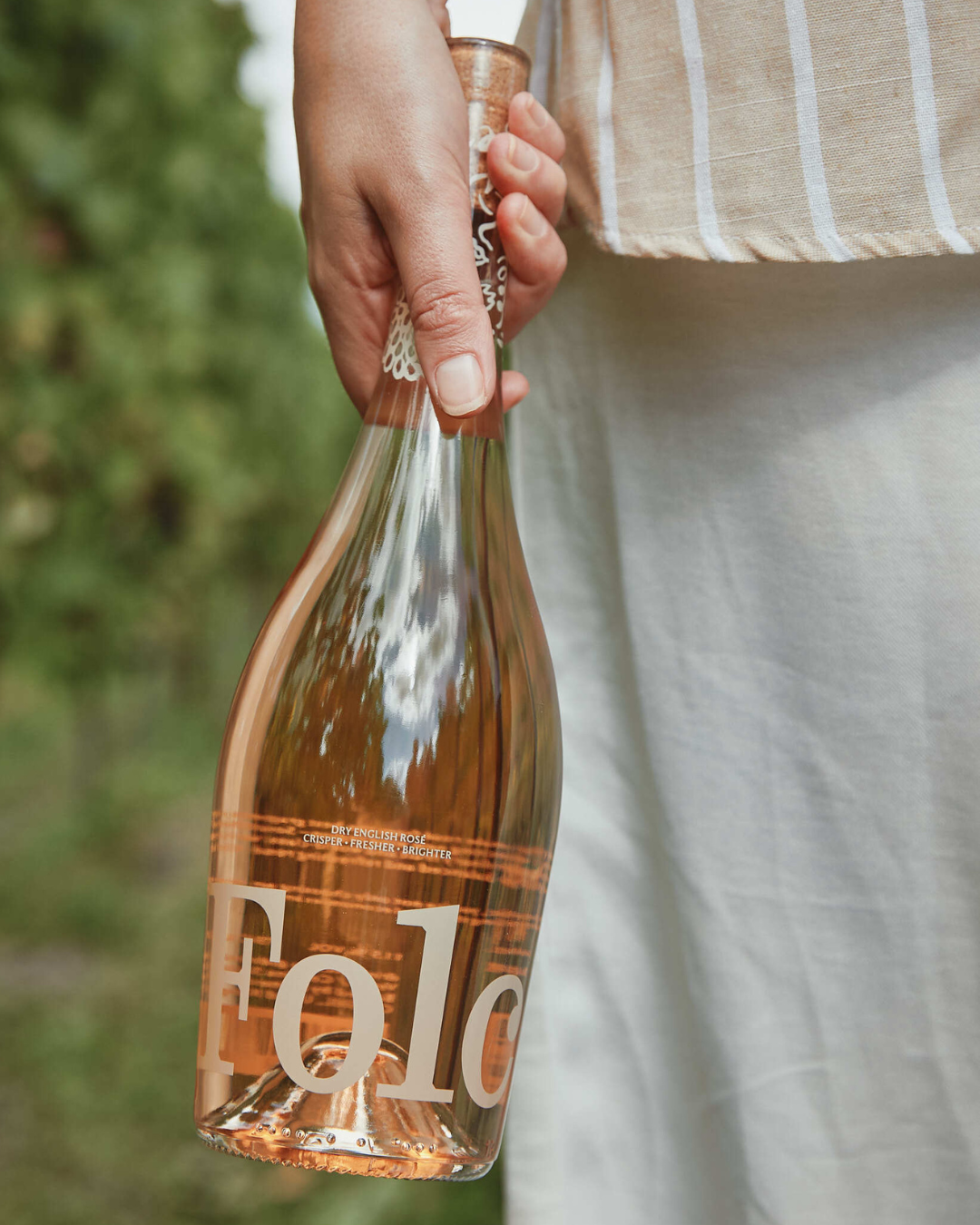If anyone has watched a David Attenborough show (if you haven’t, seriously?!) or has had access to the news, you’ll know the impact that our day-to-day purchases, decisions and way of living have on our planet. Wine production is no exception - sometimes we forget that wine is an agricultural crop and a lot of time, energy and resources have gone into producing our favourite bottle of rosé.
Understanding how a wine’s grapes are grown, produced and packaged when you’re choosing a bottle of wine to buy has become more and more important to Folc and our customers, so we thought we would shed some light on sustainable wine and what this really means.

What is sustainability?
Sustainability is a tricky term as it is loosely defined, unregulated and overused but generally, sustainable practices are socially responsible and eco-friendly (i.e. using solar power, and limiting the use of synthetic materials). Anything labelled as sustainable might do all or some of these.
It’s often up to the company or industry to decide to become sustainable, as sustainability is often a choice; a commitment to changing behaviours or actions in order to better protect our planet. Businesses need to be a positive catalyst for change, which is why as a player in the wine industry, we recognise that we have a shared responsibility to minimise our impact on the environment; hence Folc’s core values and prioritisation in sustainable wine practices.
Sustainability in wine
Sooo... what exactly is sustainable wine, and how is it different from regular wine? Sustainable wine is simply a wine that has been produced thoughtfully, economically and is ecologically responsible. It doesn’t necessarily mean that the wine is naturally produced, however that can be the case with organic or biodynamic wines.
There are lots of different ways for the wine industry to practice sustainability. Things like protecting and maintaining healthy vineyard soils (so they are able to yield quality grapes in the future), lessening the use of chemicals and pesticides used in wine production, & limiting the use of plastic, aluminium and single-use products are some of the key ways the industry can produce more sustainably focused wines.
Then there’s the not-so obvious ways, like considering social responsibility in a wine region, offering fair compensation for employees, and minimising our carbon footprint by looking at how wine is transported across long distances. All these factors are great for wine companies looking to minimise their impact on the environment, but how can you be sure that the wine you’re purchasing is sustainable?
Here in the UK (and thanks to Brexit...sorry we didn’t want to mention it but we had to!), the term ‘sustainability’ is unregulated, so we’re led by Wines of Great Britain's (‘WineGB’) sustainability guidelines and accreditation scheme which set the standard of sustainable wines for English wines. This isn’t an easy certification to obtain and depending on whether you are a grower or a winemaker, different rules will apply to you. If you do buy a wine which has WineGB’s accreditation, either the grower or the producer will have committed to reducing greenhouse gas emissions and carbon footprint per hectare, promoting biodiversity, reducing environmental impact in their winery as much as possible, as well as the amount of water used per bottle of wine during the production process. They would also need to reduce the environmental impact of wine packaging and carbon footprint per bottle of wine, and would be audited every three years (with the standards becoming tougher each time). Not a walk in the park, right!?
How is Folc sustainable?
At Folc, sustainability is key, and we are committed to producing top quality English rosé using sustainable practices, while supporting our local community of winemakers.
As a proudly British company, our grapes are sourced from family run vineyards in East Sussex and Kent, within close proximity to where wine production takes place, meaning less carbon miles are needed. As well as being both vegan and gluten free, our bottle labels are made from recycled paper and we use a plant based, carbon negative cork to seal the deal. And that’s not all… remember WineGB's tough sustainability scheme we outlined above? Both our winery and a select few of our family run vineyards are accredited to Wine GB’s sustainability scheme.These are just a few ways we are promoting sustainability in our business and we are continuously committed to improving these practices.
Here at Folc, we have a duty to care for our planet and ambitions to become a carbon neutral business. Next time you’re deciding which wine pairs perfectly with your summer’s evening or your favourite dish, we hope you’ll take a minute to consider the sustainable options if these are important to you. In supporting local, you are already reducing your own carbon footprint by minimising the distance the wine has to travel to get to you. So we’ll raise a glass to that… Here's to your English rosé journey, Green (or pink) is always the way to go!

